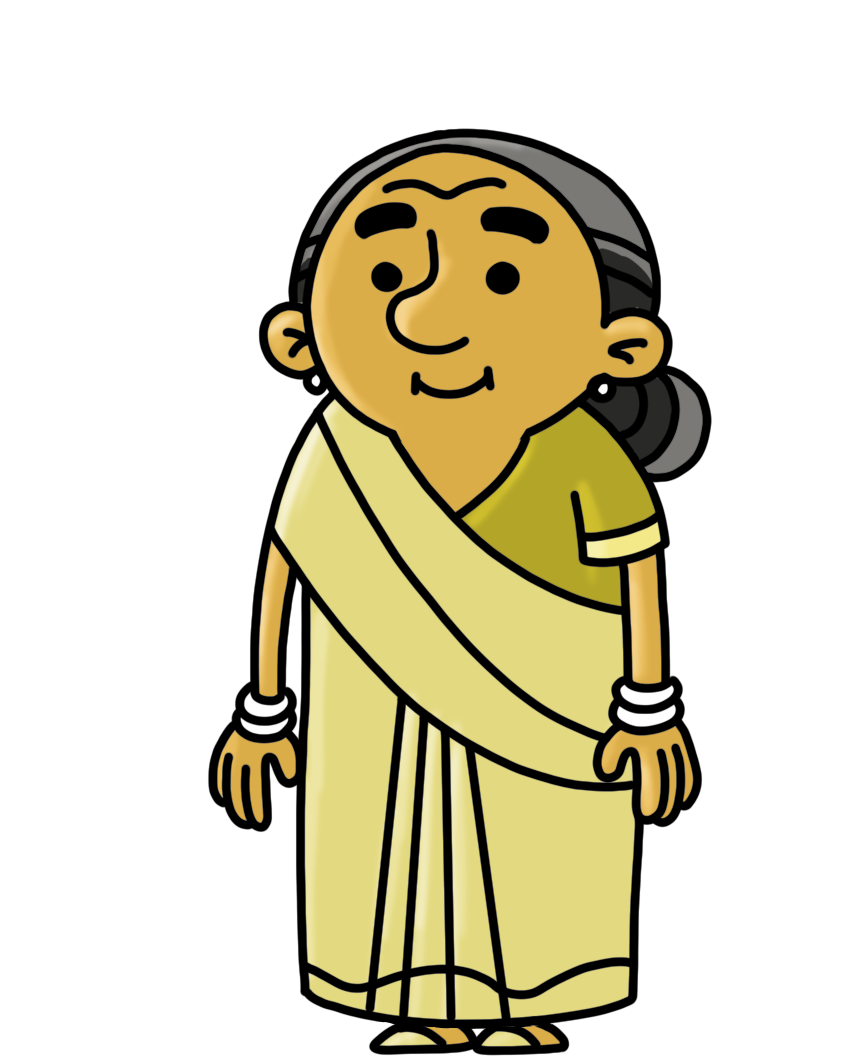Air pollution is the presence of dust, fumes, gas, mist, odor, smoke or vapour, in the atmosphere, in quantities that can cause injury to human, plant or animal life or harm the environment. 1 The Air Quality Index (AQI) measures the quantities of these pollutants in the atmosphere in an area. The causes of air pollution include: 2
- Solid Air Pollutant. For example, burning of solid fuels such as firewood, crop residue, cow dung cakes, coal, lignite and charcoal. 3
- Liquid Air Pollutant. For example, use of gasoline, kerosene and diesel in households.
- Gaseous Air Pollutant. For example, sulphur dioxide, carbon monoxide and nitrogen.
- Noise Pollutant. For example, harsh sounds from traffic, engines, generators and fireworks.
The National Ambient Air Quality Standards, set by the Central Pollution Control Board, lay down the permissible limits of twelve pollutants like sulphur dioxide, nitrogen dioxide, trioxygen, lead, carbon monoxide, ammonia, benzene, arsenic, nickel and particulate matter. These limits differ for industrial, residential, rural, ecologically sensitive areas and other areas created by the Central Government. 4
Right to Clean Environment
The right to a clean environment is a right available to all citizens in India. 5 Article 21 of the Constitution of India, 1950 lays down the right to life and personal liberty, which includes the right to pollution-free air 6 and a clean environment. Art. 51A(g) of the Constitution also creates a duty upon every citizen to protect and preserve the environment. 7
If a person is suffering from health issues, due to air pollution, they have a right to complain under the law. Read more in our explainer “Who can you complain to regarding a grievance under the law?”
- Expert Committee of The Central Pollution Control Board (‘CPCB’); UPADHYAY S. & UPADHYAY V, HANDBOOK ON ENVIRONMENTAL LAW: WATER LAWS, AIR WILDLIFE LAWS AND THE ENVIRONMENT (VOL. II), 2002.[↩]
- Section 2(a), Air (Prevention and Control of Pollution) Act, 1981.[↩]
- Indicators of Social Consumption, Ministry of Statistics and Program Implementation, accessed at: http://mospi.nic.in/sites/default/files/publication_reports/Report_585_75th_round_Education_final_1507_0.pdf.[↩]
- National Ambient Air Quality Standards and Trends 2019, cpcb.nic.in, accessed at: https://cpcb.nic.in/upload/NAAQS_2019.pdf.[↩]
- Shri. Sachidanand Pandey v. State of West Bengal, AIR 1987 SC 1109.[↩]
- Subhash Kumar v. State of Bihar, AIR (1991) 1 SCC 598; M.C. Mehta v. Union of India (Aravalli Mining case) (2004) 12 SCC 118.[↩]
- Article 51A(g), The Constitution of India, 1950.[↩]

